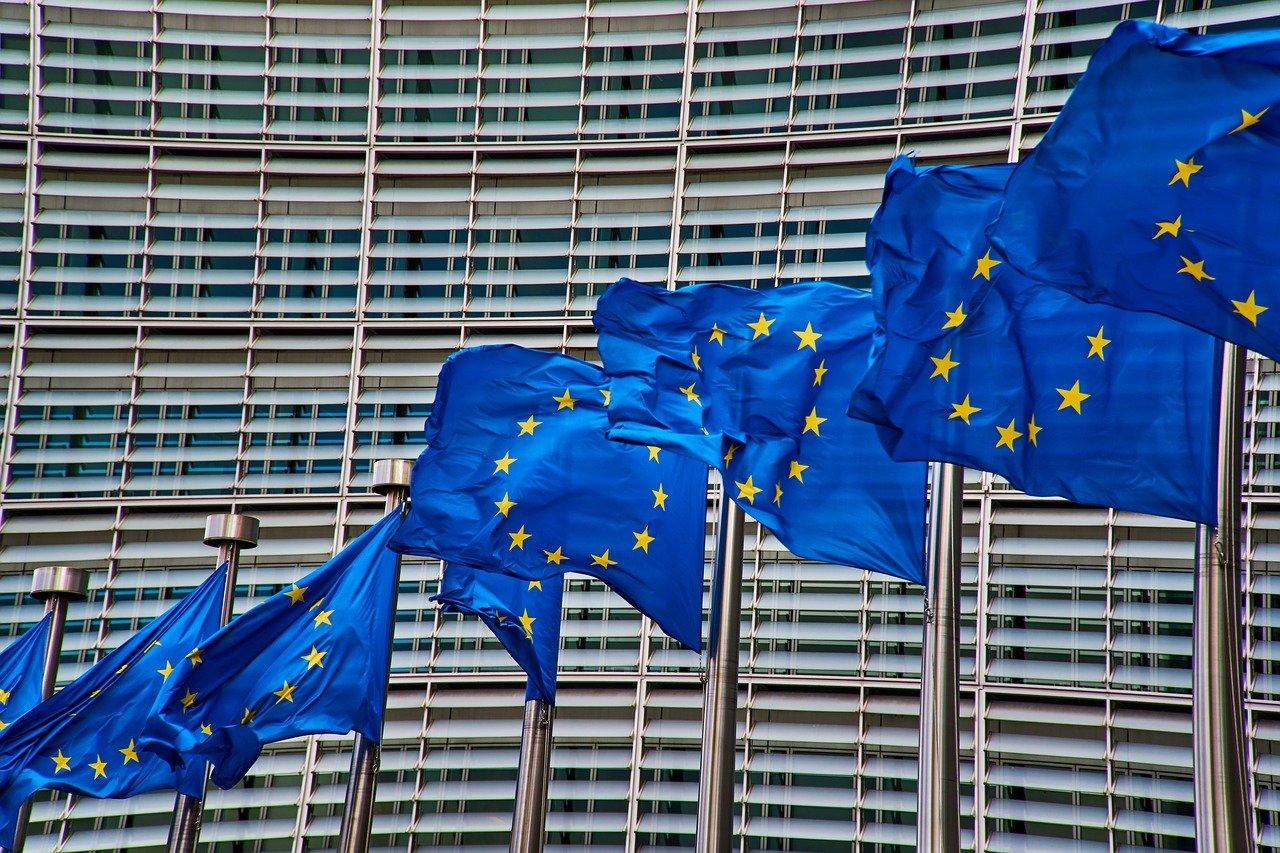blog
worldipreview.com
NPEs: hiding ownership and gaming the system

The lack of transparency around NPEs marks a serious problem for the European patent system, argues Patrick Oliver of IP2Innovate.
Share
Other blogs

IP2Innovate
IP2Innovate submits feedback to the European Commission Consultation on the Single Market Strategy 2025
On 28 January, IP2Innovate submitted its key recommendations for the upcoming EU Single Market Strategy 2025, highlighting the need to modernize patent enforcement in Europe.
In the submission, IP2Innovate stresses that consistent application of proportionality requirement to patent enforcement is essential for the functioning of the Single Market. Modernization of the EU IPR Enforcement Directive through targeted amendments is needed to fully exploit the potential of the Single Market to boost Europe’s productivity.
IP2Innovate believes that, after 20 years, now is the time to modernize the IPRED through targeted amendments to ensure that courts in the EU Member States and the newly established Unified Patent Court consistently and effectively consider the proportionality of remedies in their handling of patent litigation cases. Such targeted amendments would ensure the consistent and effective application of proportionality across all EU Member States, creating a more predictable legal environment that supports the free movement of goods and services within the Single Market. By fostering legal certainty and reducing market inefficiencies, these changes will unlock the full potential of the Single Market to drive Europe’s productivity and competitiveness.

IP2Innovate
Structural weakness in Europe’s patent system should also be a Presidency priority
The Portuguese Presidency of the EU is hosting a high-level conference tomorrow focused on intellectual property in the digital world, and the importance of an innovation-oriented ecosystem to improve the quality of life for citizens and companies, and drive economic recovery.

IP2Innovate
IP2I Recommendations for Improvements to the Public Availability of Information on Proceedings before the UPC
IP2I appreciates the improvements made to date to improve the availability of information on proceedings before the Unified Patent Court. To achieve its full potential for transparency and permit a better understanding of legal developments and trends, IP2I recommends that continued improvements focus on providing more robust searchability for information, and reducing the delay associated with making information available to the public.
